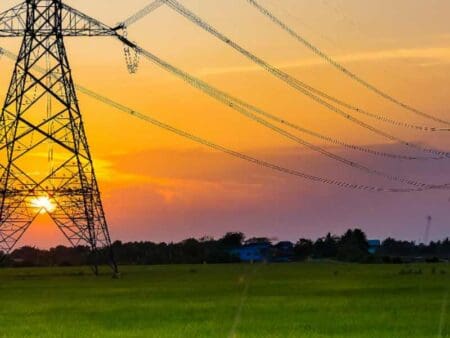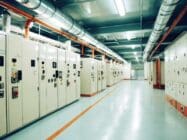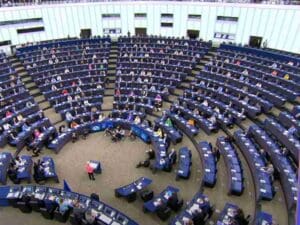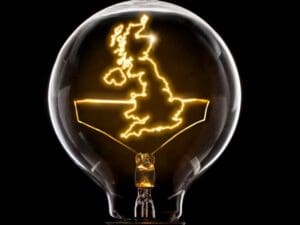
The IEA and IRENA’s ‘Breakthrough Agenda’ update finds only modest or minimal progress in power sector collaboration over the past year.
Modest progress is reported in the areas of finance and investment, research and innovation and infrastructure, but minimal progress was made in social engagement and demand management.
In this context, progress is assessed against the recommendations of the last report.
Some of the progress recorded includes a wave of new public and private finance commitments and the development of innovative financial instruments improving access to financing and an increase in participation in key public and private sector research and innovation initiatives and improvements in capacity building.
Have you read?
Smart grids and digitalisation – more effort needed says IEA
Energy Transitions Podcast: Overcoming funding pitfalls for net-zero projects
At the infrastructure level countries have set clear priorities and roadmaps for regional grid initiatives and have advanced bilateral and regional cross-border power exchange initiatives.
At the social engagement level, however, while several social support programmes were announced there is limited visibility into the alignment of development funding by governments and the multilateral development banks.
There also has been minimal progress on agreement among countries on the agreement of higher minimum energy performance standards.
The report, which in addition to the power sector reviews progress in the hydrogen, road transport, steel, buildings, cement and agriculture sectors, points to the “crucial action” needed during this decade to head off the worst effects of climate change.
While the transition to clean energy and sustainable solutions is accelerating across many sectors, global emissions are still increasing and countries’ nationally determined contributions on emissions reductions are not consistent with curbing temperature rise in line with international climate goals.
“Well-targeted international collaboration is a critical enabler at each stage of the Transition,” states the report, commenting that the ‘Breakthrough Agenda’ is designed to strengthen international collaboration across the major greenhouse gas emitting sectors of the global economy.
Overall the report finds insufficient progress in transitions to clean technologies and sustainable solutions over the past year and while current efforts are improving, they are not yet delivering the levels of investment and deployment required to meet international climate goals.
“The energy transition is moving quicker than many people think, but it needs to move faster still,” insists IEA executive director Fatih Birol.
“Our analysis shows that while some sectors are seeing stronger international collaboration, others are falling behind. Building on innovation, attracting investment and scaling up demand for new technologies are the fundamental building blocks for success. By delaying further, we are simply increasing the risks.”
Francesco La Camera, director-general of IRENA, comments that there is urgency to “overcome the systemic barriers across infrastructure, policy, and institutional capabilities”.
“And we must realign the way in which international cooperation works. A well-targeted international cooperation can determine whether we meet our collective promise to secure a climate-safe existence for current and future generations.”
Power sector recommendations
Recommendations for the power sector for the year ahead are:
- Governments, working with key institutions and funds, should ensure that international support is available at better terms, including grants at early investment stages. Overall provision of resources should be increased, particularly towards technologies that have not achieved commercial maturity.
- Governments and the development banks should work together to more strongly align development funding with targeted support for local jobs, skills and investment. Civil society, governments and industry should contribute to creating international centres of expertise on the just transition.
- Governments should work through relevant initiatives to accelerate the identification of suitable demonstration projects, resource them appropriately and ensure high quality knowledge sharing structures are put in place.
- Governments should work together to reassess the opportunities for cross-border and regional power interconnection and smart grids to support the transition to clean power systems. Countries and investors should support international efforts to identify top regional priorities for interconnections.
- Countries, in consultation with industry, should collectively agree to higher minimum energy performance standards for high energy consuming appliances, supported by awareness campaigns and incentives, such as energy efficiency retrofit programmes.








